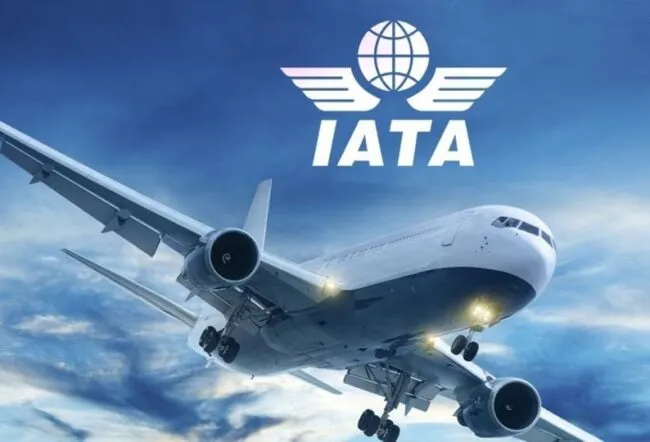
The International Air Transport Association (IATA) has revised its global outlook for 2025, lowering expectations for both passenger traffic and industry profits due to growing economic uncertainties, rising geopolitical tensions, and fears of escalating trade tariffs.
Speaking at IATA’s Annual General Meeting held Monday in New Delhi, Director General Willie Walsh announced that global airlines are now expected to carry fewer than five billion passengers in 2025, down from the earlier forecast of 5.22 billion.
“The first half of 2025 has brought significant uncertainties to global markets,” Walsh said. “But considering the headwinds, it’s a strong result that demonstrates the resilience that airlines have worked hard to fortify.”
Profit and Revenue Projections Trimmed
IATA now expects cumulative industry profits to hit $36 billion this year a $600 million drop from previous estimates. Similarly, total revenues have been revised downward to $979 billion, falling short of the $1 trillion projected in December 2024.
Despite this, Walsh cautioned that context matters:
“It’s still a thin buffer. Any new tax, increase in airport or navigation charges, demand shock, or burdensome regulation could quickly put the industry’s resilience to the test.”
He urged global policymakers to consider the economic weight of the aviation sector, which supports 86.5 million jobs and contributes approximately 3.9% of global GDP.
Trade Tensions, Tariffs Pose Threat to Demand
Without naming names, Walsh criticized looming tariff threats that could impact global aviation a veiled reference to recent trade actions by U.S. President Donald Trump, including sweeping new import duties announced in April.
IATA warned that prolonged trade wars and tariffs not only weaken air cargo demand but also cast uncertainty over corporate travel and investment decisions, ultimately slowing global economic activity.
“Uncertainty over how the Trump administration’s trade policies will evolve could hold back critical business decisions that drive economic activity, and with it the demand for air cargo and business travel,” the association noted.
Cargo and Fuel Outlooks Shift
Air cargo volumes have also been revised downward, with IATA now expecting 69 million tonnes to be shipped by air this year, compared to 72.5 million tonnes projected earlier.
However, there is a silver lining for carriers: falling fuel prices. Brent crude oil is trading below $65 per barrel, thanks to OPEC+ increasing output and U.S. policy shifts aimed at boosting domestic drilling.
Jet fuel is expected to average $86 per barrel in 2025 down from $99 in 2024 which could help relieve operational costs. Fuel will account for an estimated 25.8% of total airline expenses, with the industry-wide fuel bill projected at $236 billion, about $25 billion less than last year.
Global Risks Continue to Loom
IATA also flagged ongoing conflicts, such as the war in Ukraine, and broader geopolitical uncertainty as persistent threats to aviation recovery and stability.
“Tariffs and prolonged trade wars dampen demand for air cargo and potentially travel,” the organization warned. “The industry’s performance is closely tied to global economic confidence, and any disruption in that ecosystem can have ripple effects.”





